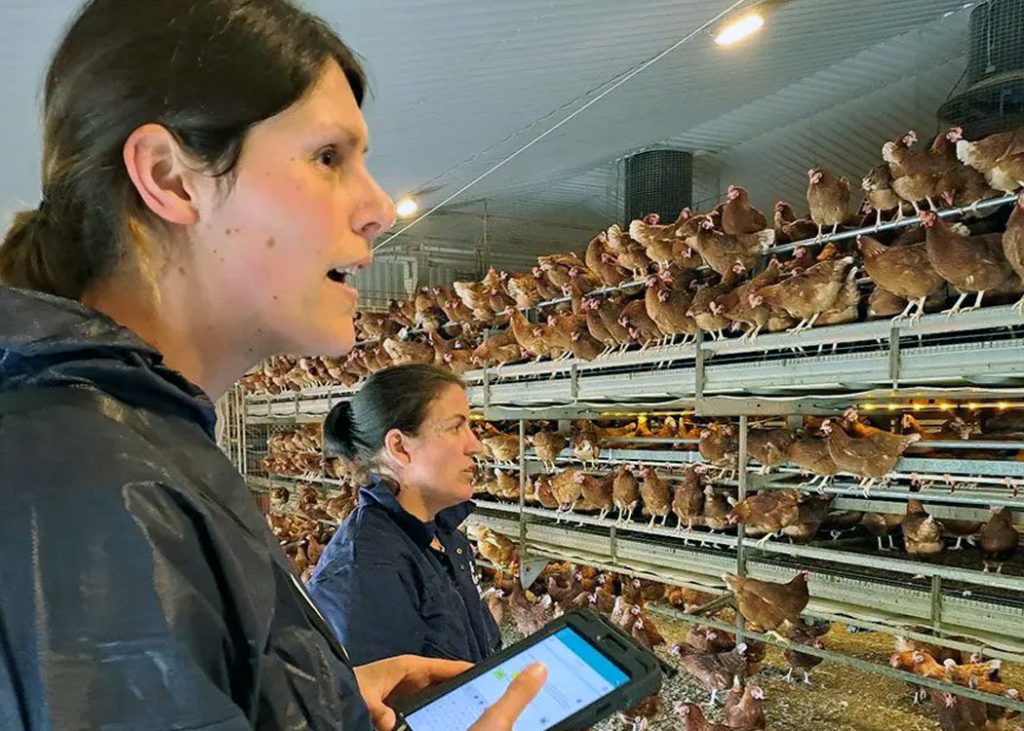
AVN Web Desk
In a move aimed at improving laying hen welfare, RSPCA Assured has mandated the provision of a veranda attached to the main sheds at farms to allow the birds to have natural daylight and ample room for healthy activities like preening and dust-bathing to help enhance biosecurity and curtail disease outbreaks.
The new welfare standards set to be enforced from May 1, 2024, will help enhance the lifespan of laying hens, with farmers granted up to six years to implement more substantial modifications.
As part of the phased changes, barn RSPCA Assured members are required to provide hens with access to a veranda and adhere to new natural daylight requirements by January 1, 2030.
After extensive consultations with industry stakeholders, RSPCA and RSPCA Assured have opted not to mandate verandas for existing free-range members.
Dr Kate Norman, Senior Scientific Officer and poultry specialist at the RSPCA, says, “The introduction of verandas for barn members and the new natural daylight requirements for both barn and free-range members, effective in 2030, are two of the pivotal new standards.”
Recognizing the significant impact of these changes, Dr Norman stressed the need to provide adequate time and support for farmers to make the necessary adjustments.
RSPCA Assured has doubled the notice period for members to implement new standards from three to six months, while the RSPCA has granted up to six years for more substantial changes, such as verandas and natural daylight provisions.
In this context, a veranda refers to an additional roofed, uninsulated structure attached to a poultry building with a fully littered floor.
Dr Norman says that several farmers in the UK and Europe have already successfully adopted verandas or are considering investing in them, emphasising their feasibility despite perceived challenges.
Research indicates that incorporating a veranda reduces daytime stocking density in the main house, leading to welfare improvements such as enhanced preening, dustbathing, foraging behavior, and reduced feather damage.
The new natural daylight standard mandates that barn and free-range members provide natural daylight in houses for all hens by the age of 21 weeks, covering at least 3pc of the total floor area of the house.
Dr Norman stated, “Providing natural daylight is not common practice for laying hens in the UK, but it offers numerous welfare benefits,” citing positive feedback from turkey and broiler producers under the RSPCA Assured scheme.
These updated standards aim not only to strengthen hen welfare but also to enhance farm biosecurity during disease outbreaks like bird flu.
RSPCA and RSPCA Assured believe that verandas and natural daylight provisions can contribute to maintaining the health and welfare of hens, even in situations involving housing restrictions.








